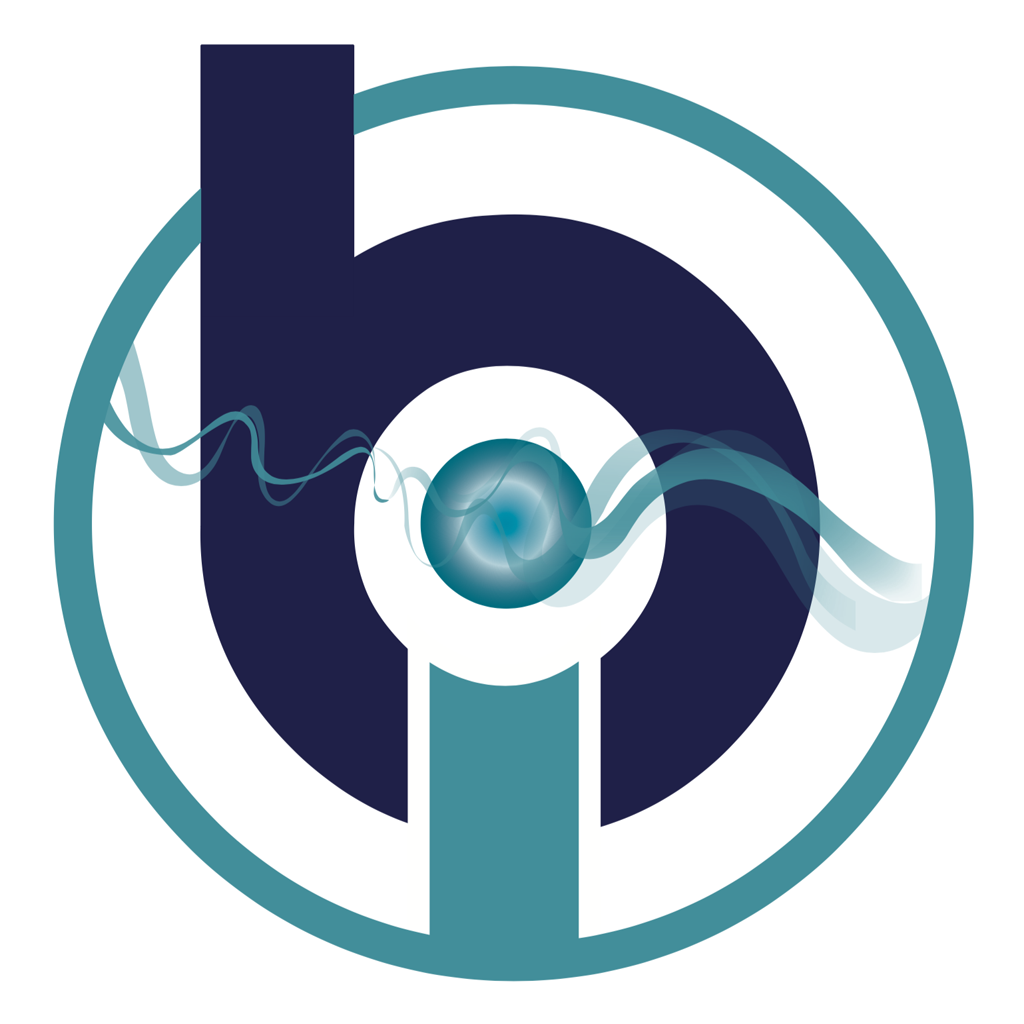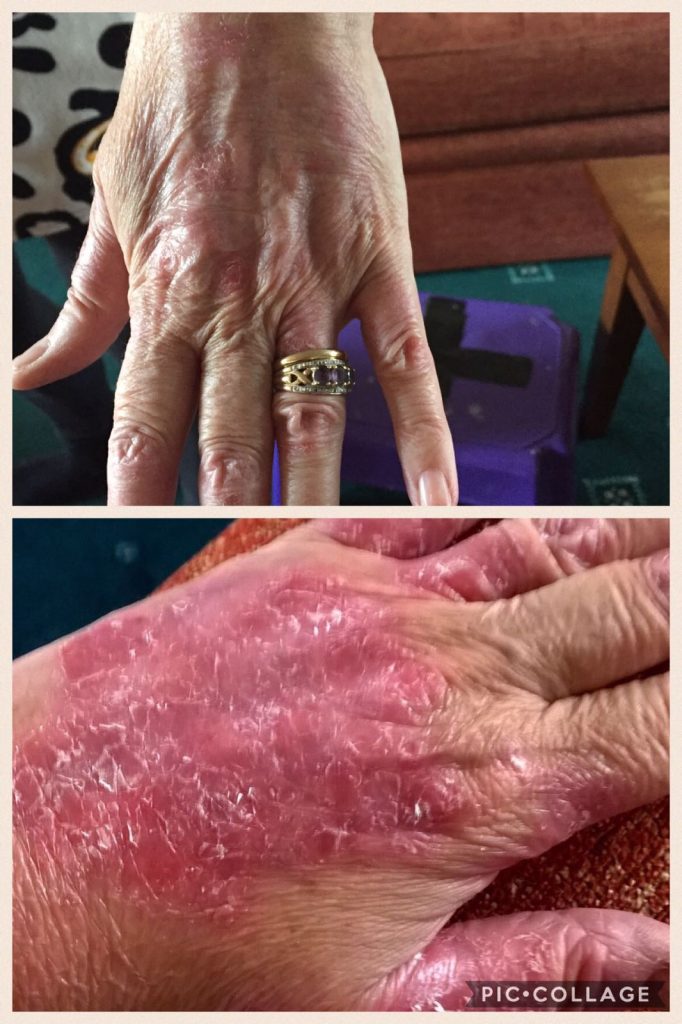A female patient had been suffering for several years from a psoriasis-like skin condition that caused her to have raw, reddened and sore skin, that sometimes flaked off. She had been to the doctor about the condition many times and had been prescribed multiple different medications over the years as a result. Sadly, this had not proved successful in improving her condition. Given the severity of the skin problem, the doctor agreed to her having light therapy at the hospital.
Light therapy, which is also known as phototherapy, uses a combination of natural and artificial light to treat conditions such as psoriasis. This tends to be carried out by a dermatologist at a hospital or specialist treatment centre. Treatment is usually carried out about 2 times a week for a period of several weeks.
Ultraviolet B (UVB) phototherapy uses UVB light in order to prevent an excessive amount of skin cells being produced. Ultraviolet A (UVA) phototherapy requires oral or topical psoralen (a compound extracted from plants) to be taken before treatment to make the skin more sensitive to light and therefore, improve the efficacy of the treatment. UVA light permeates the skin more deeply, so this type of light is used in more severe cases of psoriasis. This can cause side effects, however, such as headaches, nausea and burning, as well as increasing the risk of skin cancer if used long-term.
The patient experienced some reduced irritation and improved patches of skin after having had light therapy. However, the affected patches were still visible and the positive effects only lasted for 2-3 weeks at a time before a relapse in symptoms occurred. Consequently, the patient decided to try bioresonance therapy.
During the initial appointment, a number of different stressors were pinpointed. This included stress caused by foods in the nightshade family. The nightshade family includes vegetables such as aubergines, peppers and tomatoes. For most people, these are a beneficial source of key nutrients that should be included in the diet.
However, these foods have the potential to be harmful in people with autoimmune conditions such as inflammatory bowel disease (IBD). There is some evidence to suggest that compounds in nightshades called alkaloids may aggravate symptoms for IBD sufferers by increasing intestinal permeability and inflammation. Given that psoriasis is also classified as an autoimmune disease, this may explain why this was identified as a stressor.
Some people who do not suffer from autoimmune conditions but have problems such as arthritis, have found that they are sensitive to nightshade foods and experience improved symptoms when they exclude these foods from their diet. In rare cases, individuals have allergies to specific nightshade vegetables that may cause symptoms such as skin rashes, sore throat and breathing difficulties.
Taking into account the stressors that had been found in the initial appointment, the patient implemented changes into their diet. After making these changes and having 3 separate BICOM® sessions, the psoriasis had already started to clear. Once 2-3 months had passed, there was no trace of the patches anywhere on the woman’s skin. 3 years on from the course of therapy, the woman had still not experienced a recurrence of her symptoms.
This case study provides an example of how BICOM® therapy can prove to be an effective type of complementary therapy, when conventional medicine hasn’t brought about the desired improvement in symptoms. As well as targeting skin conditions, the bioresonance method can also help to treat allergies and a variety of other health problems. These results can be achieved without undesirable side effects.



